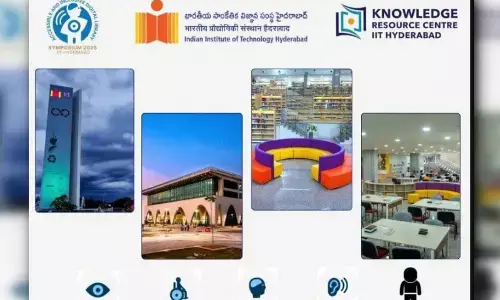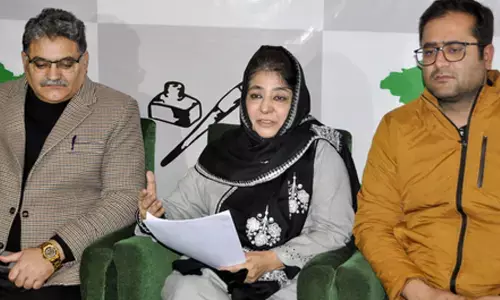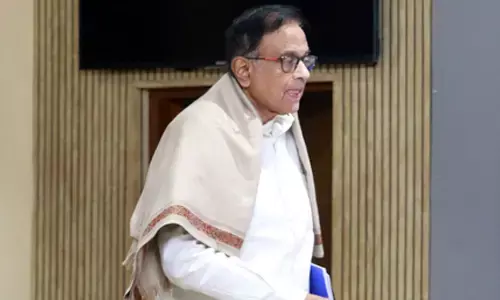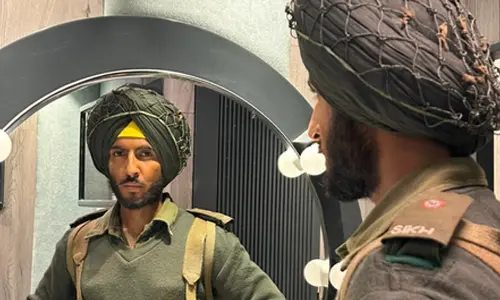TGEC holds meet on fixing private school fees

Are the proposed SFRC and DFRC on the anvil along the lines of TAFRC?
Hyderabad: Does the State government aim to establish committees for the classification and categorisation of private schools for fee regulations to address this vexed issue for decades? Will such a bureaucratic, hierarchical model be effective given the varying court rulings regarding private school fee regulations?
These questions assume significance following the Telangana Education Commission (TGEC) meetings with the private schools' management in the State.
According to the Telangana Recognised School Managements Association (TRSMA), on Tuesday, TGEC Chairman Akunuri Murali and commission members discussed at the Directorate of School Education with the TRSMA members on the issue.
The TRSMA Chief Advisor Yadagiri Shekhar Rao, Working President S Yadagiri, Ivy Ramana Rao, and Jayasimha Goud took part in the discussion on the issues.
The TRSMA chief advisor said that currently there are 11,051 private schools in the State. However, some private and corporate schools have been found to charge exorbitant fees; for instance, the fees for LKG (Lower Kindergarten) and UKG (Upper Kindergarten) are higher than those for engineering courses. This has promoted the Telangana Education Commission to scrutinise the fee structures of private schools closely.
Accordingly, the TRSMA members were given to believe that there would be two kinds of committees to regulate the private school fees in the state.
Firstly, there will be a District Fee Regulation Committee (DFRC) and the State Fee Regulation Committee (SFRC). The DFRC will oversee the private fee regulation at the district level, and the SFRC will be the apex fee regulation committee at the State level to oversee the implementation of private school fee regulation. The TRSMA urged the commission to classify all the private schools in the State into four categories for the purpose of fixing the school's fees.
Speaking to The Hans India, an official from the Directorate of School Education said, "The proposal is akin to the functioning of the Telangana Admissions and Fee Regulation Committee (TAFRC), that fixing tuition fee structure for private un-aided professional institutions in the State for admissions into engineering, management, medial and others at undergraduate and postgraduate levels."
The current model of the TAFRC is that it categorises the engineering, management and other professional colleges in A, B and C categories for fixing the fee. However, the commission has been coming under severe criticism for not taking into account the views of the parents and students and fixing the fees for the private professional colleges based on the self-assessment reports being submitted by the private professional colleges. Parents and students accuse the self-assessment reports of providing manipulated data to get ranked under a better category for getting higher fee fixation. There is no independent mechanism that exists with the TRFRC for verification of the self-assessment reports. It is the same case with the All-India Council of Technical Education (AICTE), which bases its decisions on the allocation of starting new courses based on the self-assessment reports from the educational institution. Which were sometimes found submission of manipulated self-assessment reports and the AICTE warned the Higher Educational Institutions (HEIs) indulging in such activities will have to face serious consequences.
“Mostly, this has been happening, from the time the fee reimbursement scheme was introduced in the United Andhra Pradesh and being continued by both the Telugu States after the bifurcation of the erstwhile Andhra Pradesh State. Besides, there was also an inquiry made on an alleged fudging figure by some colleges in the United AP to draw excess funds under the fee reimbursement scheme,” says a former official of the State Higher Education Department.
Apart from that, both the school and college Education Departments and even the universities are accused of not taking action when the educational institutions are violating the norms. For example, the abnormal delay in bringing legislation on the private school fee regulation since the formation of Telangana, despite giving assurance before the courts was that the State government sided with the private school and college management. The reason is that cutting across the political spectrum the members of the ruling and opposition parties have been running private unaided educational institutions. Apart from that, the private school and college managements providing school and college buses to the public meetings, irrespective of the political parties to be in the good books of the powers that be in both ruling and opposition.
Given these case studies, how the TEC is going to come up with a foolproof system for the private school fee regulations by replicating a similar model of the TAFRC remained a million-dollar question for the parents.










